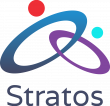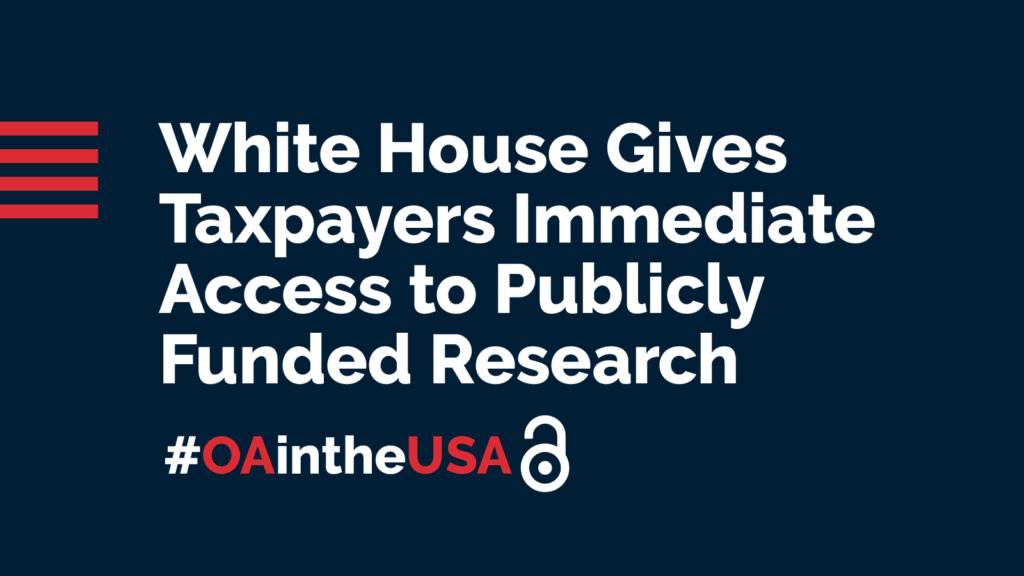The recent Nelson Memo released by the White House OSTP poses the question of how we will meet the growing open access publication and data needs
I recently posted on the Educopia blog that there is a critical gap in open infrastructure that can support what will certainly be a growing need for Diamond open access and data sharing sites and services that are run by trusted providers using open infrastructure. The recent OSTP memo will increase demand and the momentum towards open research as the UNESCO report and others before it have already done.
The post says “there is growing recognition that open access publishing on closed infrastructure restricts how truly open research can be—by limiting opportunities for participation by mission-driven and non-profit publishers and stewards, restricting the types of collaboration that can build scale, and increasing reliance on the profit-driven, commercial publishing companies that have long controlled the scholarly communication space. To leverage the growing interest in Diamond Open Access and to fully realize the vision of equitable access to knowledge, both in its production and its dissemination, it is more crucial than ever to support interoperable open infrastructure.”
Several projects that Stratos has been a part of are poised to meet these needs, notably the Next Generation Library Publishing project (NGLP), which is building open infrastructures and standing up nonprofit service providers to meet the growth of library and other campus-based publishing. Also, Incentivizing Collaborative Open Research (ICOR) is collecting and connecting projects that meet open research needs throughout the research life cycle, from open policies through to data and code sharing, preprinting and new metrics and incentives.
The crucial missing piece now is collective action on the part of funders, governments, and institutions to support networked, interoperable open infrastructure and related services. There are many infrastructures in use that need upgrades and APIs and there are emerging ones that will increase capacity and modernize the kind of bootstrapped publishing operations that often support open access, which requires scale in order to be sustainable and reliable.
Many of us will be watching to see how if the memo and the many other recommendations and reports from around the world on the importance of open research will galvanize funders and institutions. We’ll be here and ready when that happens.

